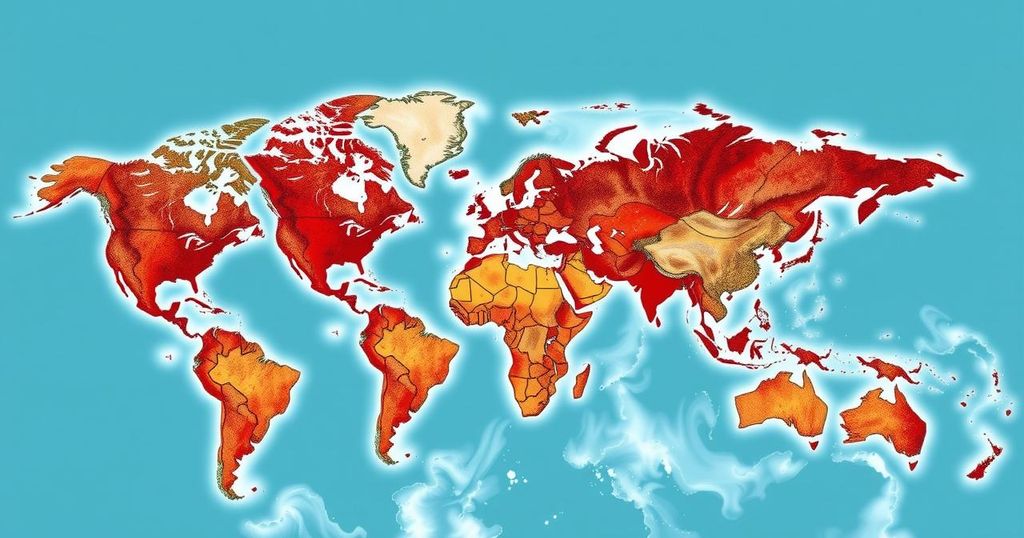Weather
CA, CANADA, CITIES ATLANTIC BARRIE CALGARY EDMONTON GUELPH KINGSTON KITCHENER LETHBRIDGE LONDON MONTREAL NANAIMO NEWFOUNDLAND, CTV NEWS, CURRENT EVENTS, EUROPE, EVENTS, LETHBRIDGE, LOCAL NEWS, LONDON, NEWS, NORTH AMERICA, ONTARIO, RED, SASKATOON, SAULT STE, TRUMP, UNITED KINGDOM, UNITED STATES, VIDEO, WEATHER
Elena Martinez
0 Comments
Trump’s Proposal for Acquiring Panama Canal and Greenland: A Strategic Perspective
Former President Donald Trump expressed interest in acquiring the Panama Canal and Greenland during his administration, highlighting U.S. strategic and economic interests. Despite backlash, these proposals stimulated important discussions on American foreign policy and historical territorial acquisitions.
Former President Donald Trump garnered attention during his administration for expressing interest in acquiring territories such as the Panama Canal and Greenland. His rationale revolved around the significance of these locations for U.S. strategic interests and economic opportunities. Although the idea of purchasing Greenland was met with disapproval from the Danish government and the public, it sparked considerable discussion regarding America’s foreign policy and territorial expansion, reflecting a historical precedent of seeking valuable land acquisitions.
Additionally, Trump’s mention of the Panama Canal echoed earlier U.S. interests in the region dating back to the early 20th century, when the canal was integral to enhancing maritime trade routes. The administration’s focus on such acquisitions hints at a broader strategy aimed at reinforcing U.S. influence and control over crucial global assets.
The discussions surrounding Donald Trump’s interest in acquiring the Panama Canal and Greenland highlight a continued U.S. fascination with territorial expansion and acquisition. The Panama Canal, crucial for international shipping, has a rich history in American foreign policy, while Greenland’s vast natural resources present intriguing opportunities for economic gain. Trump’s contemplations reignited debates about American imperialism and strategic territorial investments in a modern context, drawing parallels to historical land deals such as the purchase of Alaska.
In summary, Donald Trump’s propositions to acquire territories like the Panama Canal and Greenland ignited discussions about U.S. strategic imperatives and historical acquisition practices. Despite the controversies these ideas created, they reflect enduring impulses in American foreign policy, demonstrating an inclination toward reinforcing U.S. power and influence on global geopolitical landscapes.
Original Source: kitchener.ctvnews.ca




Post Comment